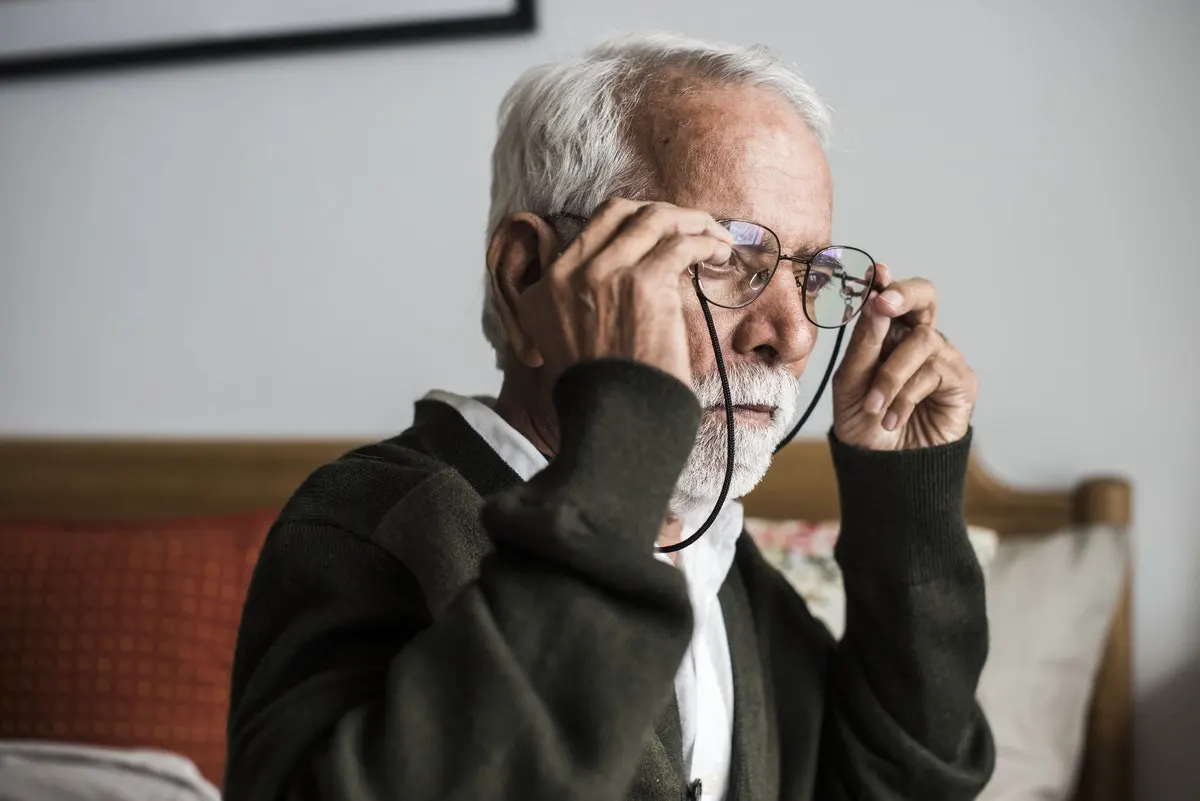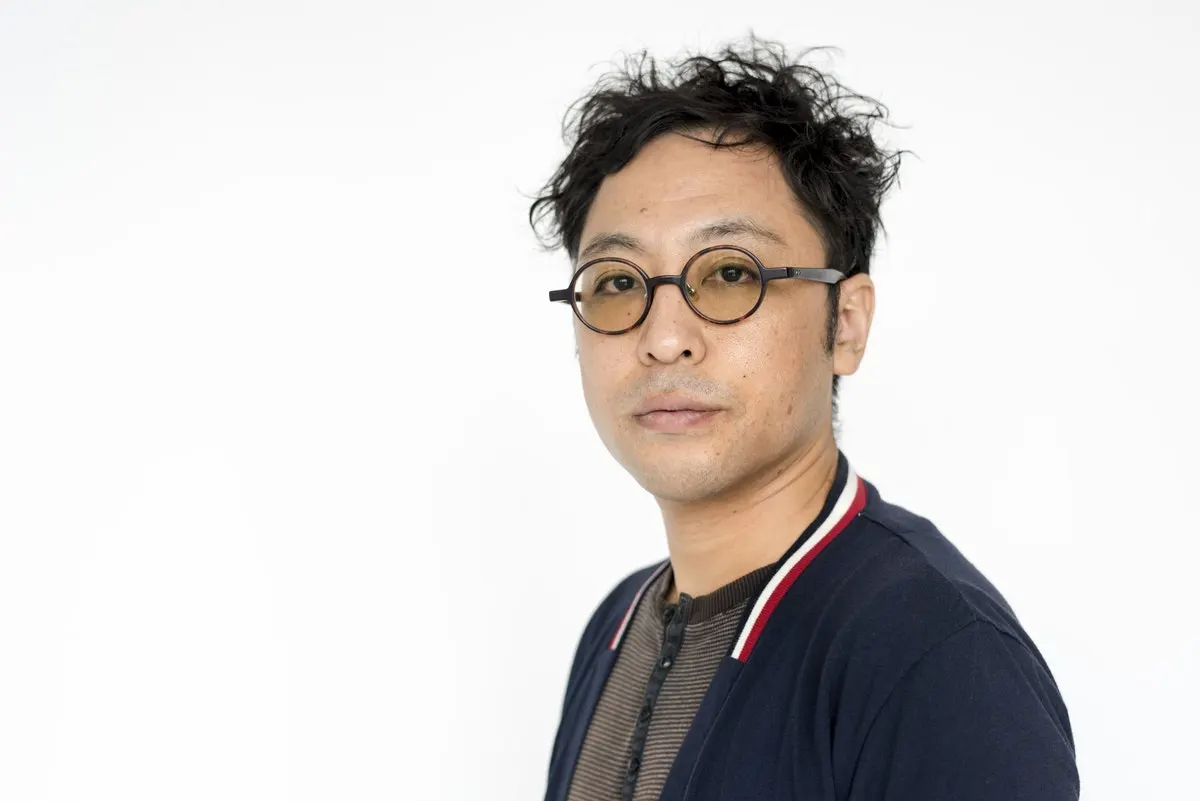Get Started Now: take the 60-second, self-concept assessment and discover your potential!
Why change
is hard.
And how
to make it
much easier
It is a real challenge for most people to change.
A Disclaimer:
If you're reading this it probably means you understand a bit more about how we work than most. So what I am about to say may not apply to you, but it's still important to reflect on.

How people try to change
Most people try to force a new behavior when everything inside them is pulling them in the opposite direction. It's easy to understand why someone would attempt this.I've been there. It's simple logic - you wanted a different result, so you tried a different action.What you knew is that you had to think, feel, and behave differently.
A quick example
Imagine this...
Someone who doesn't believe they are as healthy as they want to be so they start doing some research.
In this research, they learn that healthy people tend to have different habits than unhealthy people.
So they decide they are going to become healthy through those new healthy habits.That makes sense right?
Looking in the wrong place
If you do what healthy people do, you can become healthy too, right?
Well, sure...so...
Why do so few people actually transition into those new habits?
It's because the person who wants to become healthy can't seem to align who they are with what they want.
And who you believe you are is the ultimate ground for what you will do or not do.
You can see the above play out when people try and change their performance in a career, improve relationships, or even enjoy a higher quality of life....
Just name a context.
It's all the same.
You can even find this in large global beliefs about the SELF that are unwanted as well.
Like...
"I don't want to be anxious but I am an anxious person"
or...
"I want X in my life but I am not worthy"...etc.
This idea that our results in life are a reflection of WHO we are BEING isn't a new one.
It's referenced in so many places, it almost seems like we understand this intuitively about ourselves.


The journey of change
Becoming a new person can seem like a windy and treacherous road.
After all, the number of people who are able to travel this road all the way to the changes they want are few and far between.
And even smaller still is the number of people who become who they want to become in all of the areas that are important to them.
The long road
Most people who are examples of success in one area of their lives did so by taking the longest and most costly road possible. It's not their fault, they are doing the best they can with what they understand.
But their approach actually makes it harder to change in more than one area of life.
What narrows the possibilities of change
The use of willpower as a primary tool makes it close to impossible to make improvements in multiple areas of your life at once.
Willpower has its place, for sure. But if you use that as your only tool for changing your life, something unfortunate often happens. It shrinks or narrows the context of what you can change.
After all, willpower is a conscious choice to move against your tendencies. And your tendencies are held in place by your beliefs.
Moving against your tendencies is possible for short periods of time, or in very narrow context. But it can feel like trying to swim the river of change upstream.
Swimming upstream is hard enough. The idea of multiplying that river times three or more different contexts like health, wealth, relationships...can feel impossible.


How we form our own beliefs (simplified)
From earlier childhood, we are creating meanings about our experiences.
To simplify this post, let's focus on the two largest buckets of meaning.
Bucket 1. What does the experience you had mean about the world around you?
And...
Bucket 2. What does the experience you had mean about you?
You come to these conclusions at the speed of thought, which gives you a way to organize your experiences.
Once you have established a belief, you start instinctively searching for evidence that it is true. You do this to create continuity and to understand. After all, to live is to learn.
The question is, are you learning useful concepts about yourSELF or not.
When you find similarities in what you are looking for, you solidify and strengthen the beliefs you already have.
This is called creating generalizations.
Over time, you use that evidence to come to a solid conclusion or generalization of who you are.
This evidence becomes the automatic expectation of who you are.
These expectations aren't a bad thing. They are the foundation of the greatest qualities you have.
But these expectations about yourself can also create unhelpful biases. The kinds of unhelpful biases that place invisible barriers preventing you from creating the life you want.
What has to happen for any change to sustain
No matter what techniques or change work you practice, one thing remains true:
in order for a change to sustain across context, it must become an aspect of your self-concept.
Just in case you are new here, the self-concept is the largest generalization you make.
It is a summary generalization of all the beliefs you have about yourself.
Your self-concept holds within it the smaller generalizations you hold about yourself called qualities.
These qualities determine how you will respond in each situation you have in your life.
Change doesn't have to be so hard.
After helping many people develop the skills to change themselves and others, something has become obvious-
You will either get the changes within the structure of how you organize your self-concept, or the change will not remain.


How to change
You have a unique code for how you know who you are.
That code of internal representations is how you organize the meaning you make about yourself.
If you learn to use that code properly, something almost magical happens. The changes you intend to make become a certain, solid part of your identity.
Using that code properly allows you to reset the meaning you have about yourself. When you learn to reset that meaning intentionally, your options in life grow considerably.
This change becomes part of yourSELF because it fits within the structure of how you know who you are.
If you do not intentionally use the code, then maybe, by a slim chance, some of what you want to change might end up in that code accidentally.
But most of the time it will not.
That's why we, all of us at the Self-Concept Research Group, believe that no one should have their life held back by the haphazard development of their self-concept.
Our mission is to help everyone become their idealSELF.
Through a trained coach, therapists, and counselor, or by developing the skills to optimize your own self-concept, accessing your idealSELF is possible now.
Would you like help developing the skills to facilitate lasting change for yourself or others?
Self-Concept Research Group
Self-Concept Conditions
Copyright © 2026 SelfConcept.com.
